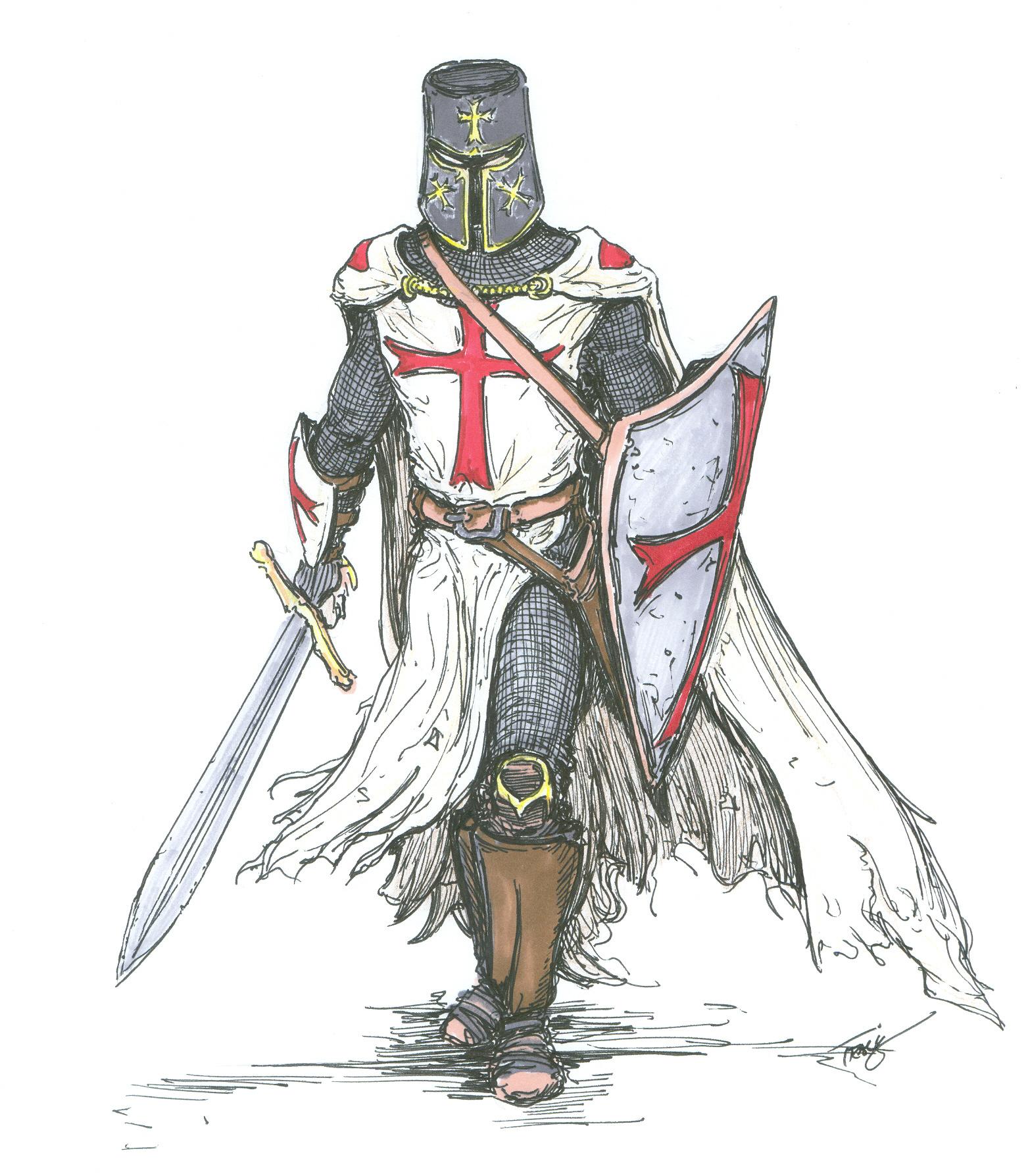Well, you can get through plate armor, just not with a sword or a longbow. Windlass crossbows, lances, and most advanced bludgeons would work. But a knight's primary detail wasn't getting into melee with another knight, it was killing less armored (read: economically poorer) opponents. To which I posted this counterpoint reply:
- Marty Lund
Actually, +Marty Lund, I'm not so sure about that. As far as I know, and I've read quite a bit on this topic, there were extremely strict codes of conduct among the aristocrats and royalty in the medieval world. A king could not fight a lesser noble, no matter how much he may have wished to, because it was "beneath his dignity". Likewise, Knights could not fight those whom were beneath their dignity. The entire feudal concept, we should recall, was based on The Honor of One's Word embodied in the Feudal Oath... something everyone in that time took very seriously. That particular code was what bound the Knights to their Lord, and that is why it was held to be sacrosanct. Dishonor was far worse than death because it meant that your entire family could be ruined by your disgrace. Honorable conduct on the other hand ensured that your descendents would continue to benefit from your good graces. There's a lot to the feudal world that is not longer understood and there is a tendency (mostly stemming from medieval history professors who seem to promulgate this view) for modern people to believe that the feudal era was simply a forerunner of the Capitalist Era, and that everyone's motives were the same as what we think everyone's motives are today. However, a thoughtful study will show that motivations change with cultures, and the medieval culture was far more concerned with spiritual matters, truthfulness, honor, nobility and things of that ilk than people today can imagine. In fact the tendency of modern people is to scoff at it all (I've seen medieval studies professors do this) as though there could not possibly be any other motivations in the world than materialism, greed, lust and avarice. My inclination is to think that in the modern world that may well be true. But for our medieval forebears... not so much really.As this pertains to RPGs and the subject of medieval fantasy, I'm curious as to what other role players out there think of this? In my world I have not actually explored this point of view all that much, but have hinted at it from time to time. My players tend to be rural hicks or low class city dwellers out for adventure. Even so, at least a few of them have noble aspirations, and so they fit in with the chivalric ideal to some degree. But the complex and intricate world of Noblesse Oblige is one that I plan to get into eventually. Perhaps as my player's characters advance themselves in society (which they do tend to do over time) they will run into the world of Chivalry and find out more about it. I suspect they will be surprised at (my vision of) the characteristics of that world, and how nobility actually functions. It is not the World of the Powerful lording it over the weak. It is a more idealized world of Defenders of the Good protecting the innocent from the predations of the evil. Something, perhaps, our own world today might benefit from doing a little more of, possibly.
Anyway, many learned people I suspect will disagree and advance the theory that the Medieval World was essentially no different than our own, and that the Knights and Kings were simply fleecing the poor and downtrodden because, after all, that's what the Dark Ages was all about. Maybe. I don't think so, but I'm willing to admit it's possible. But not in my World.
How about in yours? Do you play a medieval fantasy campaign? And if so, how do you express ideas of Chivalry? Or do you not? Very curious how others handle this question!


No comments:
Post a Comment